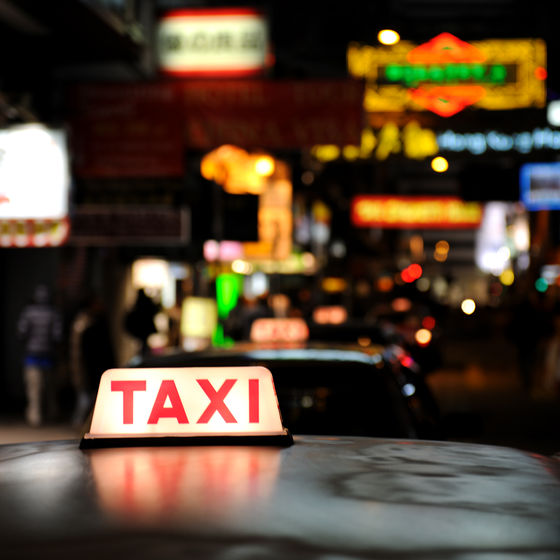Survey results revealed that more than 75% of people want to continue working at home even after the end of the new coronavirus

It has been pointed out that the
IBM Study: COVID-19 Is Significantly Altering US Consumer Behavior and Plans Post-Crisis-May 1, 2020
https://newsroom.ibm.com/2020-05-01-IBM-Study-COVID-19-Is-Significantly-Altering-US-Consumer-Behavior-and-Plans-Post-Crisis
On May 1, 2020, IBM's think tank, the IBM Institute for Business Value (IBV) , announced the results of an awareness survey that examined the effects of the new coronavirus on individual behavior. The survey, which was conducted in April, was aimed at confirming the impact of the new coronavirus on consumption trends, use of transportation, participation in events, return to work, etc. 25,000 Americans were surveyed.
Nearly 40% of respondents said, 'The employer strongly feels that when returning to normal work, employers should give employees the option of continuing to work remotely,' the IBV summarized the results. .. In addition, 54% of respondents said that 'I want to work from home as my main way of working in the future,' and more than 75% answered that I 'at least occasionally want to work remotely.'

Meanwhile, a IBV survey of corporate CEOs in 2019 found that only 41% of CEOs said they had the resources and resources needed to execute the desired business strategy. 'In the future, it will be essential to prioritize improving the skills of core employees in the future,' he said.
The new coronavirus affects not only awareness of work styles but also a wide range of behaviors such as consumption trends. In the survey, 20% of those who regularly used public transportation such as buses and trains said they would not use it in the future. In addition, 28% of the respondents answered that they should not use it very often.
In addition, nearly half of the people who used the

In addition, more than 17% of the respondents said, 'The use of private cars will increase as a result of the pandemic,' while about 30% of the respondents said, 'The new coronavirus has a great influence on the decision to buy a car.' It has caused a serious impact on consumer behavior.
It has been found that not only the sales of goods but also the event industry and sports are affected. In the survey, nearly half of the respondents said that they will not go to big events after the restrictions on going out, and particularly that they will not attend exhibitions or face-to-face conferences during 2020. Has reached 75%.
In addition, only about one-third of respondents said they would like to go to 'bars and restaurants' and 'outdoor parks' after lifting restrictions on going out, and there are plans to go to 'beaches' and 'large shopping centers'. People were about 25% and about 20%, respectively.
Not only the behavior of consumers, but also the usage of money is changing. 40% of the respondents said, 'We are more likely to choose contactless payment methods such as credit cards and mobile payments in the future.' On the other hand, 75% of the respondents said that they will continue to buy essentials such as food and household items in physical stores, while 25% of the respondents said, 'Go to a local store or We also increase the frequency with which we buy products that are produced, 'and we know that the new coronavirus pandemic is becoming more local-oriented.

In light of these findings, IBM senior managing partner Jesus Mantas added, `` This study provides further evidence that the new coronavirus is permanently changing our consumer behavior. In particular, industries such as retail, transportation and travel will be impacted by new consumer behavior over the long term, so companies in these areas will need to adapt to new consumer behavior to be successful. We will need to adapt quickly to the business model we are in. '
Related Posts:
in Note, Posted by log1l_ks







